Black Fire on White Fire
The scroll, which was originally a secular technology, became closely associated with Judaism at a time when Christians were adopting the codex for their holy books.
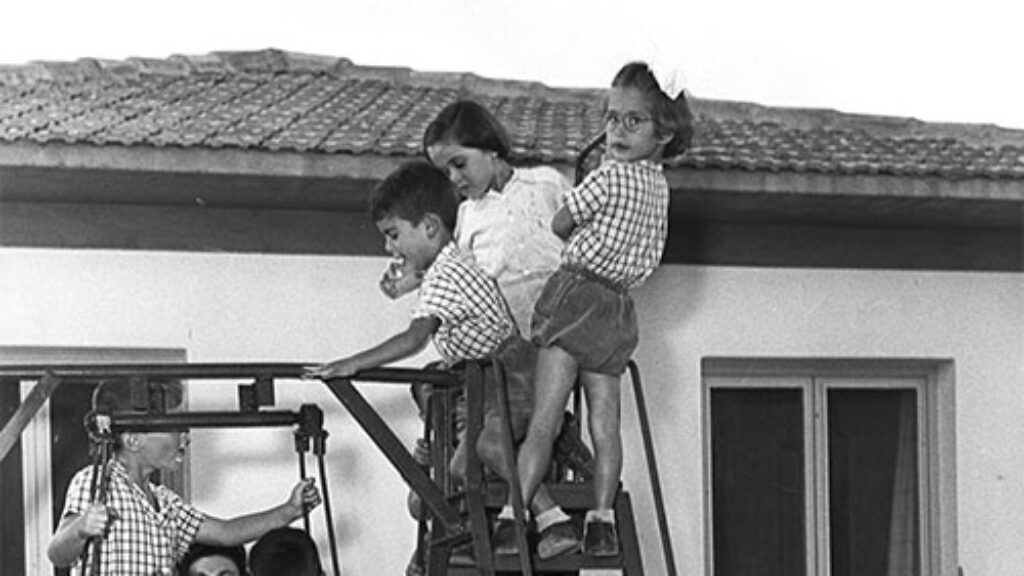
History of a Passé Future
At their inception, the children’s house and collective education were to shape a new kind of emotionally healthy person unfettered by the crippling bonds of the traditional or bourgeois Jewish family. Over the last two decades or so, a cultural backlash has set in among some of those raised in children’s houses.
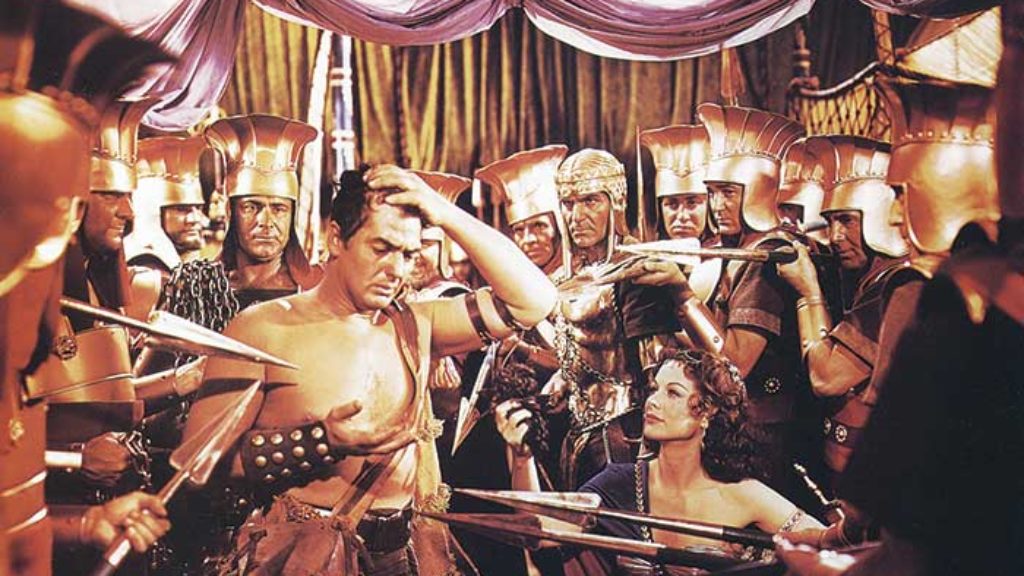
In Praise of Humility
There are those who carry the quest for yichus to extremes; Steven Weitzman is not among them.
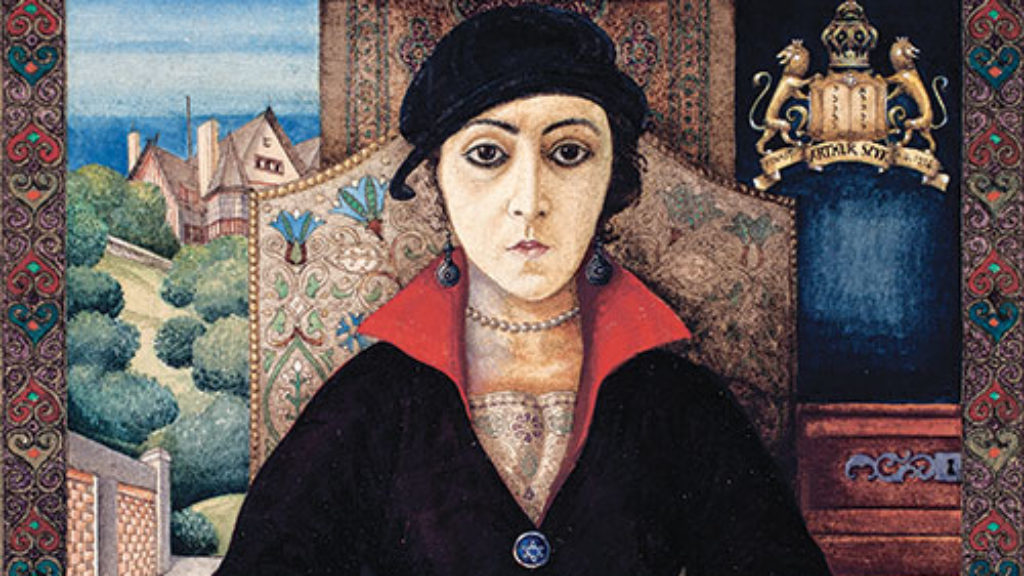
Ink and Blood
Arthur Szyk may well be the only great Jewish artist whose work countless people recognize simply because they have attended a Passover Seder. Less well known are the explicit connections between the Egyptian pharaoh and Hitler that Szyk had embedded in his original version of the haggadah he created in the 1930s.
Joseph Roth: Grieving for a Lost Empire
Always in flight, one of the world’s permanent transients, Joseph Roth (1894–1939) was a one-man diaspora. A drunk and a fantasist, he was also a marvelous writer whose work was bedizened with metaphor, laced with simile.
Letters, Winter 2018
Rome and Jerusalem (and Cardinal Newman), Singer and Rabbi Dessler (and an fMRI Study), Levinas and Lear, and More
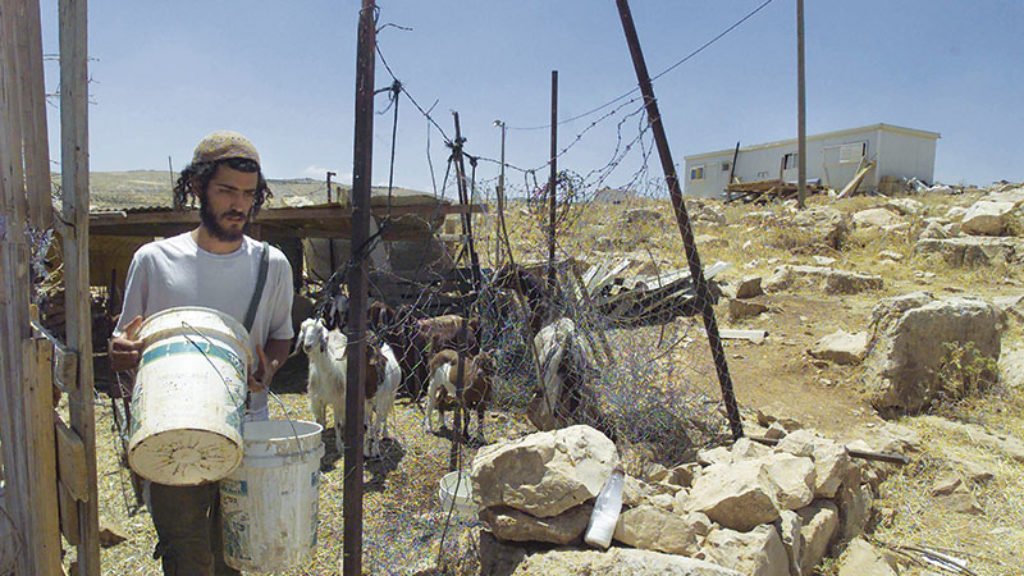
Life on a Hilltop
City on a Hilltop is superbly researched, altogether accessible, and will dispel many lazy stereotypes about the people whose story it tells. But it leaves out a lot.
Rachel and Her Children
Eternal Life is Dara Horn’s fifth novel, and like her others it crosses time and place to tell a transfixing, multilayered story that draws on Jewish texts and themes in a deep, witty, and immensely readable fashion.
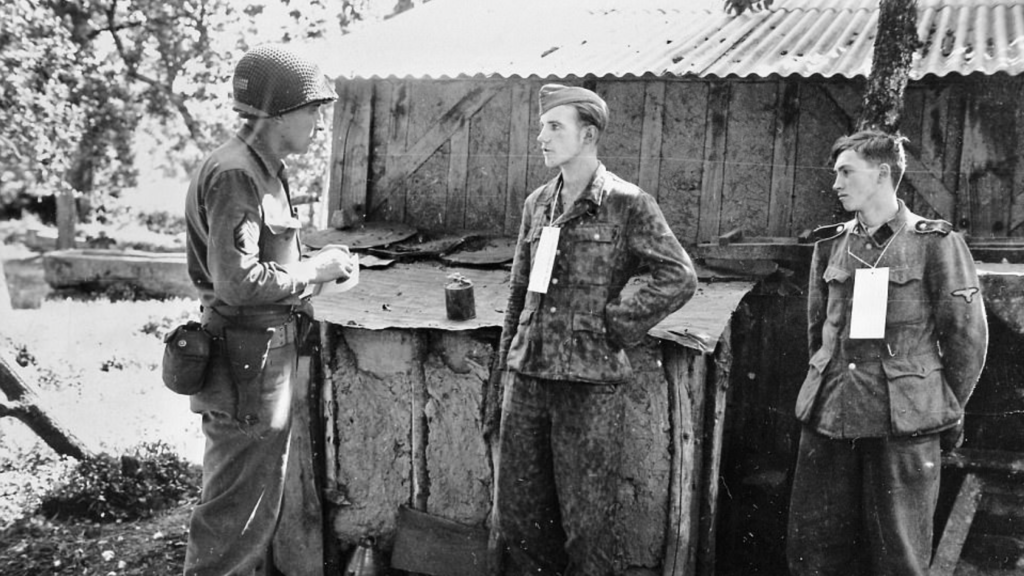
Ritchie’s Boys and the Men from Zion
Our appreciation for stories of Jewish bravery during World War II sometimes obscures the fact that as a group Jews were powerless, reduced to begging others for a chance to bear arms.
Succession, Secession!
The notion of zera kodesh, “holy seed,” appears only twice in the Bible, both times in reference to the people of Israel as a whole. For Hasidim, however, it has a more restricted meaning.